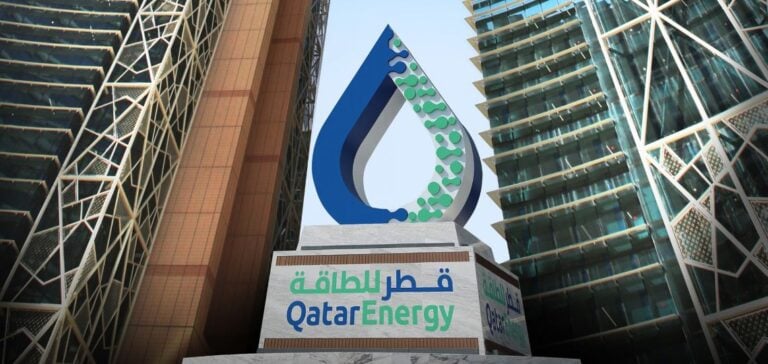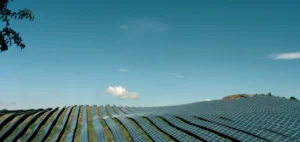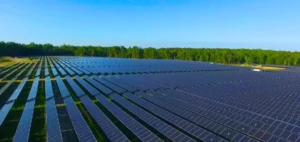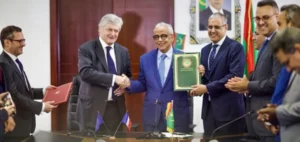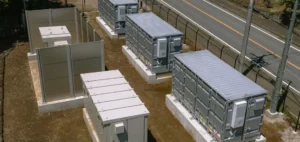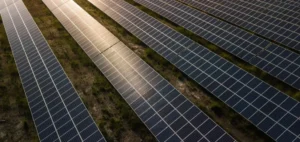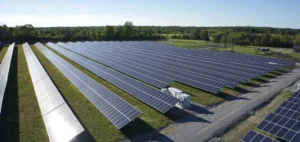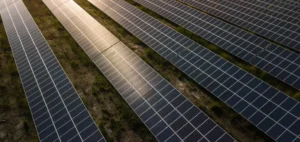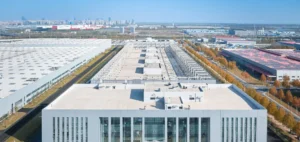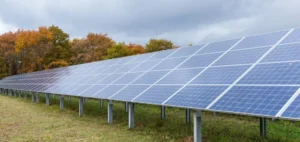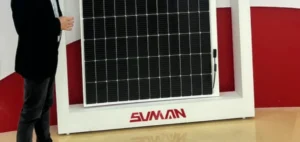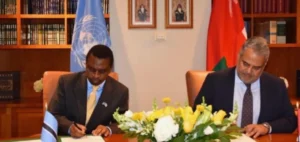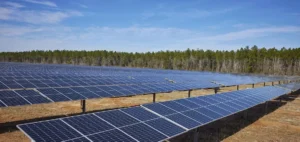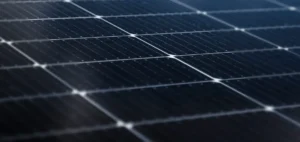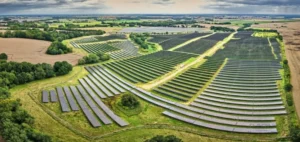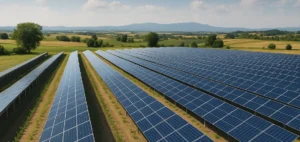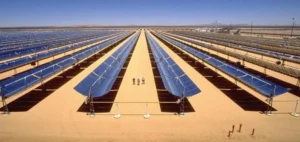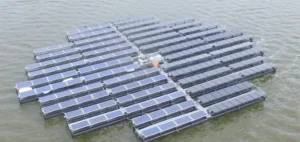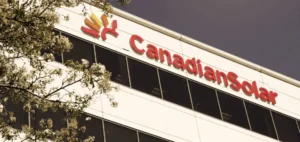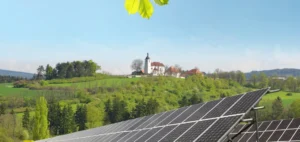The recent announcement by QatarEnergy to acquire a 50% stake in TotalEnergies’ 1.25-gigawatt solar project in Iraq marks a significant step in Iraq’s energy transition. This project is part of the Gas Growth Integrated Project (GGIP), a $27 billion energy development initiative aimed at strengthening Iraq’s energy independence. By retaining the remaining 50%, TotalEnergies continues to actively collaborate with the Iraqi government to build a more sustainable energy future.
The primary objective of this project is to reduce Iraq’s dependency on energy imports, primarily from Iran, which currently supplies between 30% and 40% of the country’s consumption. The Basra project will use approximately two million bifacial solar panels, a technology that enables more efficient electricity production by capturing light on both sides of the panels. This innovative energy solution can produce enough electricity to power nearly 350,000 homes in the Basra region.
Context and Objectives of the Gas Growth Integrated Project (GGIP)
The GGIP, launched in Iraq, addresses the country’s growing energy demand. Iraq, facing frequent power outages, relies heavily on Iran for its gas and electricity supply, particularly during peak summer periods. The GGIP aims to diversify Iraqi energy sources by incorporating both gas capture and solar solutions. By capturing flared gas from three oil fields to power its plants, Iraq hopes to stabilize its electricity network while reducing its energy import expenses.
The Basra solar project stands out with its 1.25-gigawatt capacity and the use of bifacial solar panels. This technology, well-suited to the sunny conditions in southern Iraq, will enable optimized production, thus increasing the capacity of each panel. The project’s first phase is scheduled for 2025, with an estimated completion by 2027, according to the partners’ forecasts.
Partnership and Project Financing
This project results from a strategic partnership between QatarEnergy, TotalEnergies, and the Basra Oil Company, holding 25%, 45%, and 30% stakes, respectively, in the entire GGIP. This partnership represents an ambitious strategy by QatarEnergy to diversify its activities in renewable energy while strengthening its foothold in the Iraqi energy market. While the exact amount of QatarEnergy’s investment in the Basra solar plant has not been disclosed, this commitment reflects the two companies’ determination to contribute to the region’s economic development while supporting the energy transition.
This project also represents a major initiative for TotalEnergies, which is consolidating its role in Iraq’s renewable energy sector and helping to meet the country’s growing energy needs. QatarEnergy’s expanded presence in Iraq’s energy sector further strengthens relations between Qatar and Iraq while promoting sustainable energy independence.
Economic and Social Impacts
The deployment of this solar plant in Basra should not only reduce energy import costs but also stabilize Iraq’s electrical grid. Furthermore, the project could create jobs in the renewable energy and construction sectors, bringing technical skills and infrastructure to the region. The local production of solar electricity will help reduce service interruptions while meeting the needs of a growing population.
With this partnership, Iraq is moving towards diversifying its energy resources. By adopting solutions like associated gas capture and solar energy, the country has the necessary levers to strengthen its energy independence and reduce import dependency while meeting international sustainability standards.


